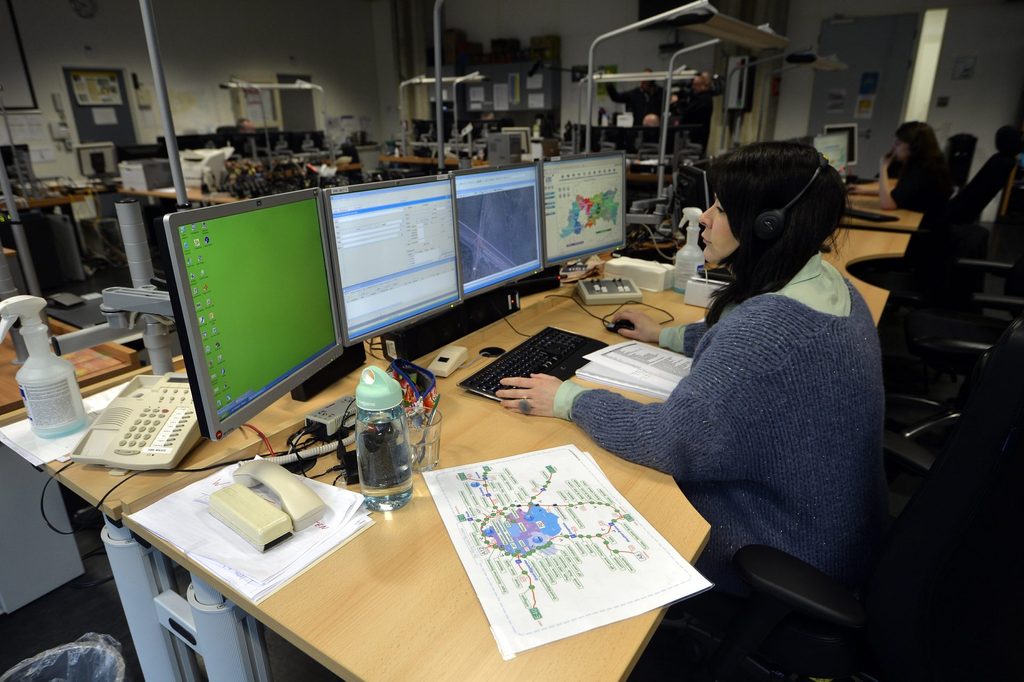The telecommunications operator dedicated to the Belgian emergency and security services, ASTRID, will develop a new 5G radio network to improve their functioning.
For the past 25 years, ASTRID (All-round Semi-cellular Trunking Radio communication system with Integrated Dispatchings) has enabled the police, fire brigade and emergency services to communicate and run smooth operations. It is also responsible for the technical management of the 101 and 112 dispatching centres, providing a connection between the two sides.
Until now, the network has relied mainly on radio communication via walkie-talkies, but this is reaching its limits as it is not designed to send very large quantities of data, which can be crucial in emergencies.
To improve these services, ASTRID will be installing a broadband network, which will be able to send larger quantities of data securely and reliably to and between emergency services over the next few years.
'Increasingly important'
In addition to the voice communication already available, the 4G/5G network will enable photos, videos and other data sources to be sent reliably to and between the emergency services, even in critical situations.
"Technology is evolving at lightning speed. Video, artificial intelligence and equipment that can be connected to the internet will become increasingly important in the coming years for the optimal functioning of our emergency and security services," said Home Affairs Minister Annelies Verlinden.
The transition of the Tetra system from 4G to 5G technology will take place gradually via a hybrid network, combining ASTRID's own network with the use of the infrastructure of commercial telecom operators. The 5G network should be available in early 2027.
The latest management contract approval also provides for the introduction of an entirely new generation of emergency centres (101 and 112). In the future, these will be able to operate much more proactively than today, making use of artificial intelligence, sensors, social networks and video feeds, etc.

